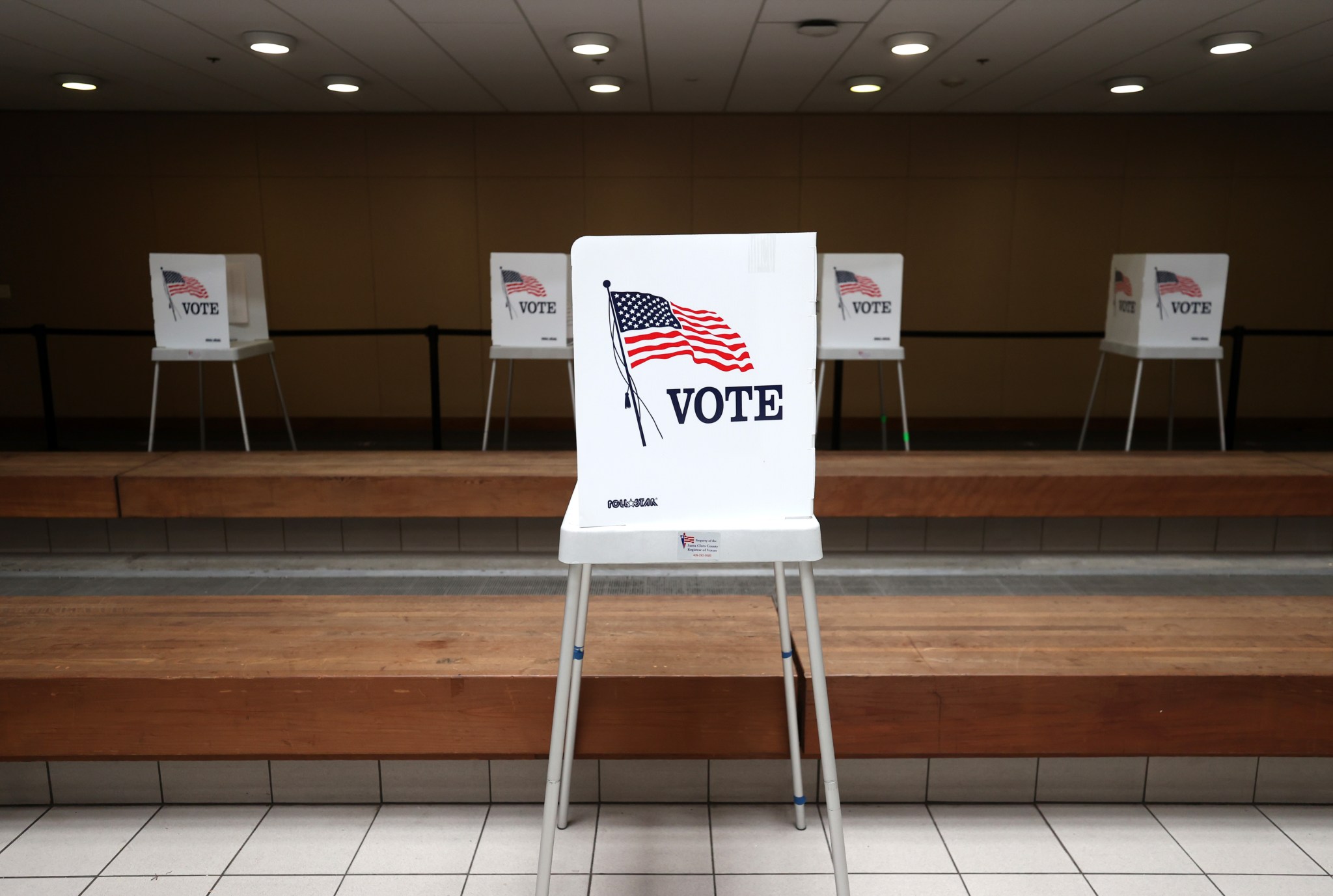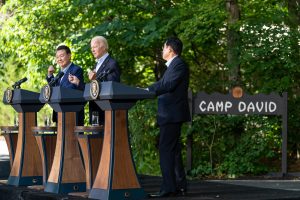
The U.S. elections have turned into a sports-like fan culture. Harris and Trump compete in a nonstop campaign mode.

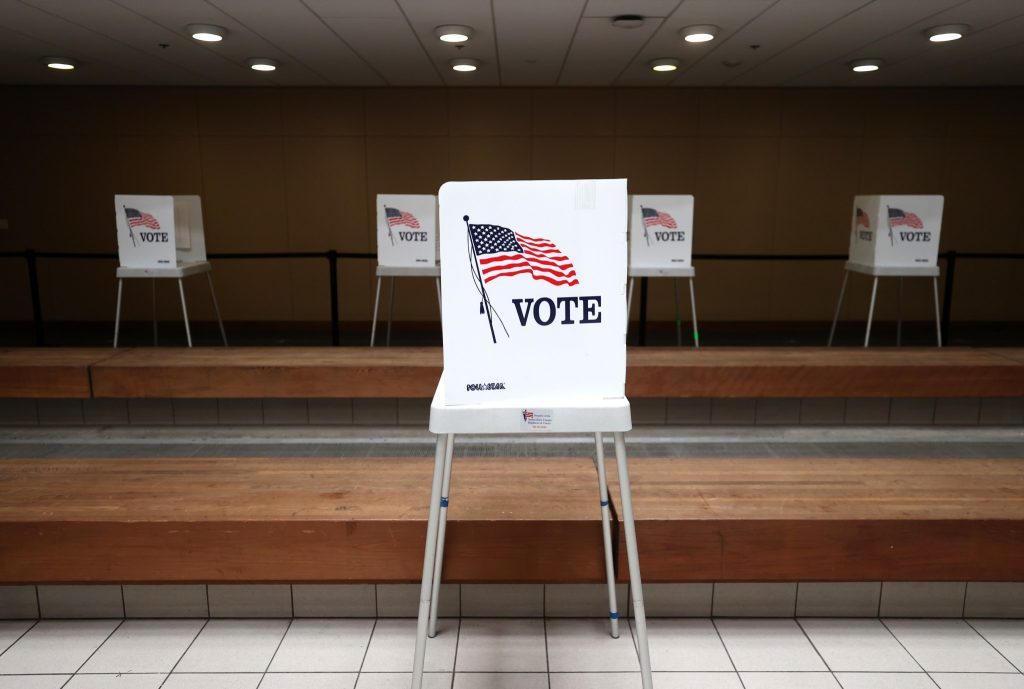
Welcome back to USA Brief, where we take a look at the evolving U.S. political landscape, now resembling a high-stakes sports rivalry. With Biden stepping down, Kamala Harris and Donald Trump are set to face off in a heated race for the presidency. The political scene has taken on the intensity of a Super Bowl, where loyalty to a candidate has become akin to fandom for a sports team. As Harris and Trump gear up for their September debate showdown, America watches a new kind of political spectacle unfold.
Much has happened in recent months. Following their first debate, Biden decided not to seek re-election after calls from donors and upper-echelon leadership within his party urged him to drop out. Meanwhile, Trump survived an assassination attempt. A brief conflict brewed between the camps of Obama and Clinton over selecting Biden’s successor. The Obama camp wanted to explore alternative candidates, while the Clinton camp immediately rallied behind Biden’s VP, Kamala Harris. Eventually, both sides reconciled and agreed to support Harris, who raised record funds overnight. Now, Harris and Trump are their respective parties’ nominees, with their debate showdown scheduled for September.
Reflecting on the recent Summer Olympics in Paris, parallels to America’s political landscape begin to emerge. However, a more fitting comparison might be to the Super Bowl—the culmination of professional American football’s season, where a team representing the National Football Conference competes against a team from the American Football Conference for the title of the best football team in America for that year.
The most recent Super Bowl in 2023 was between the San Francisco 49ers and the Kansas City Chiefs. Although she has publicly remained apolitical, Taylor Swift’s presence, due to her relationship with Chiefs’ tight end Travis Kelce, mobilized supporters to back the 49ers purely out of spite against her and her fans who supported the Chiefs. It wasn’t about the sport itself; this latest Super Bowl— the most watched and attended in history—became a showdown between supporters of Swift and those who dislike her. More puzzling is how the politicization of Swift has fallen along partisan lines, with her harshest critics being conservative pundits.
Much like any sports team and its fans, Trump and his voters have championed him as a brand, making him possibly the first— but certainly the most successful—merchandise President ever. That said, the Harris team seemed ready and waiting for Biden to drop out, as no momentum was lost in unveiling Harris’ merchandise.
The result is a non-stop approach to campaigning, where voters have become die-hard fans of their politician as a team or brand. Their support has no expiration date. Even if the New England Patriots are not playing in that year’s Super Bowl, their fans will still proudly show their support for their favorite team. Similarly, just because someone’s preferred team isn’t playing in the Super Bowl doesn’t mean they won’t watch the game and choose a side to support.
In a post-Trump world, the U.S. electoral cycle has irreversibly adopted the tone and flavor of a sports team or brand. His supporters embody the unwavering loyalty one would expect from fans at any major sporting event. Unlike the subdued and heavily regulated campaigning found in countries like Japan, America’s lack of restrictions on how, where, and for how long candidates and supporters can campaign has led to a unique system where endorsing a politician is more about supporting the brand or team than the individual and their specific policies.
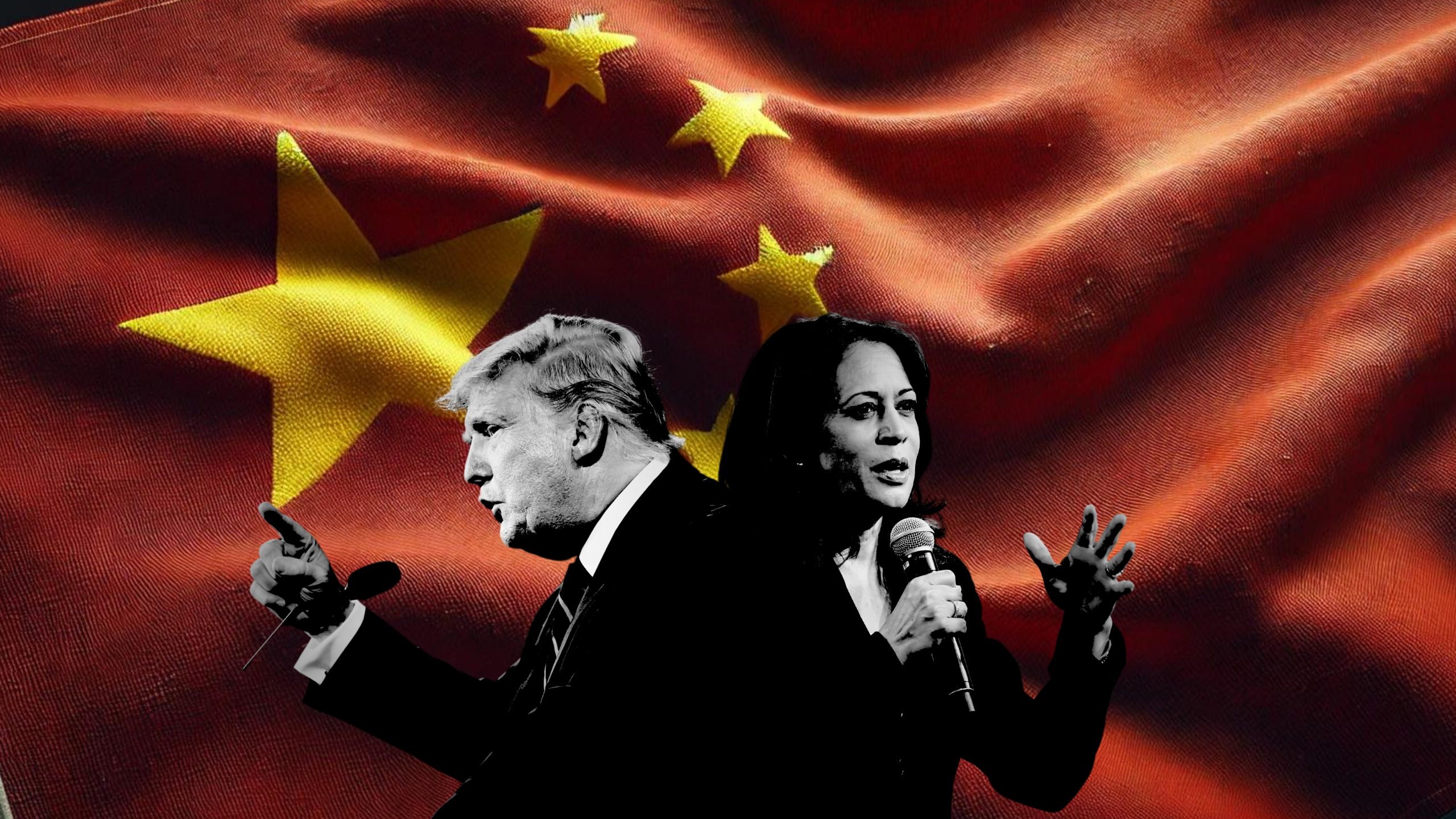
As Kamala Harris emerges as the new Democratic nominee and Trump faces unprecedented challenges, China remains notably silent, hinting at a strategic shift in how Beijing views the unfolding U.S. election drama.

Portugal’s PM resigns amid corruption probe, implicating lithium concessions, hydrogen plants, and EU dynamics.
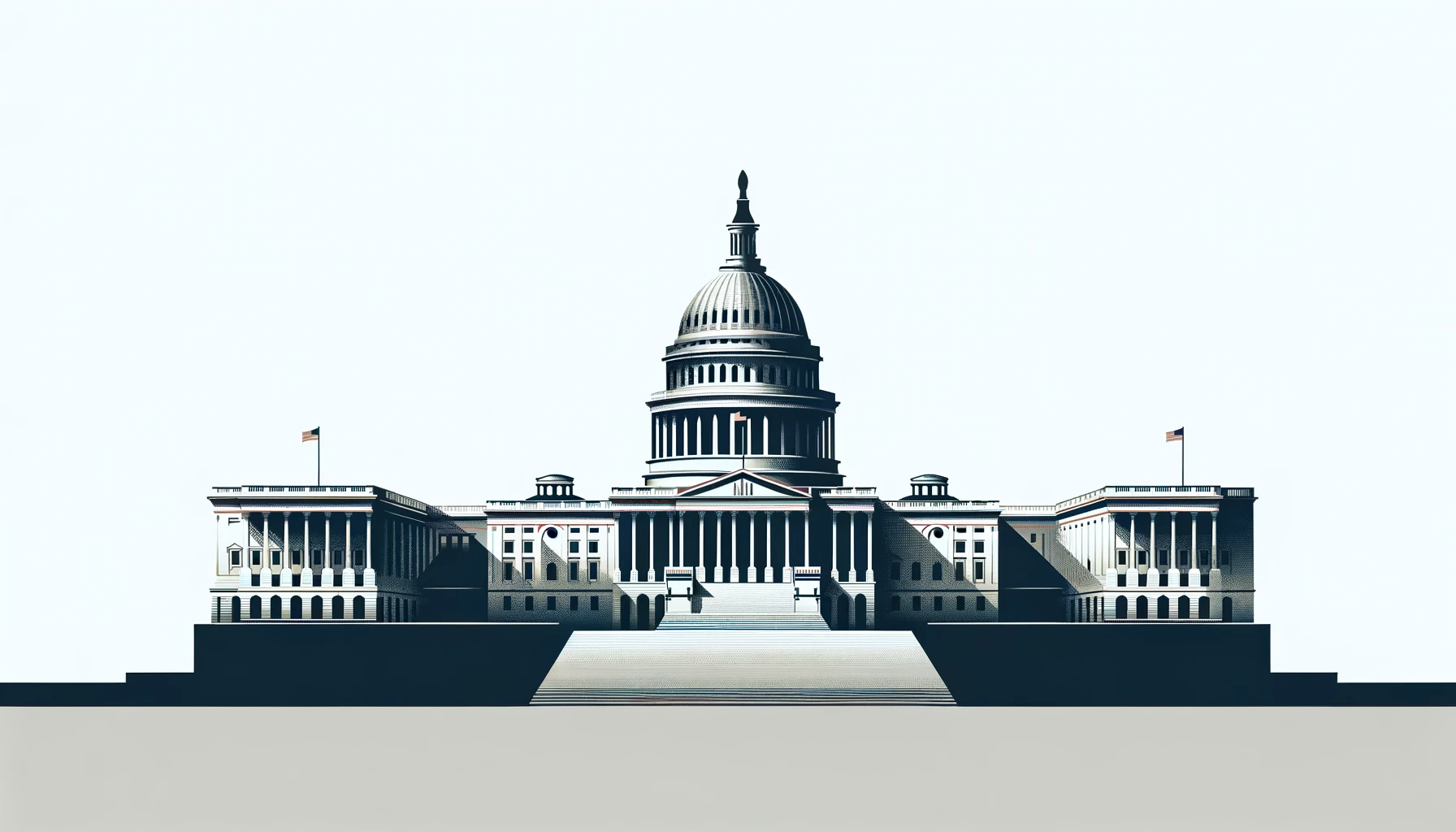
Focusing on diplomatic solutions and multilateral collaborations over military interventions in its foreign policy will enable the White House to achieve better outcomes.
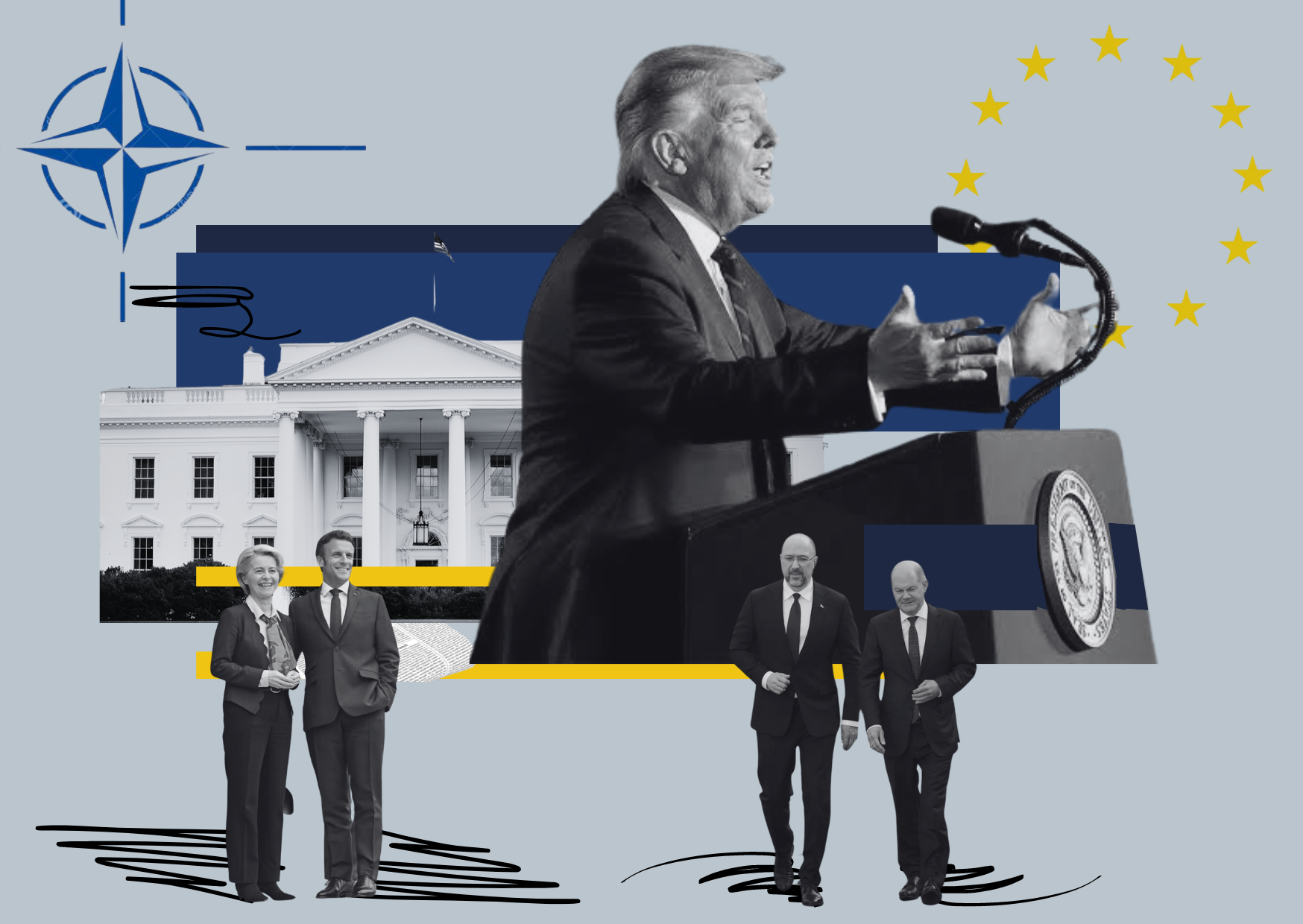
European Union has been increasing its defence efforts amid Russian aggression in Ukraine. It seems more of a strengthening of European pillar of NATO rather than threatening US through “supranational European army”. EU and NATO play complementary role in European security structure, so they do not aim replacing each other.
Written By: BATUHAN GUNES
Written By: KRISTIN HYNES
Written By: ERIC SONG
Written By: ALEXANDER BERGH
Written By: KATE-REID SMITH
Written By: JOSEF SCHOEFL
Written By: PATRIC MCFARLAND
Written By: FATIH CEYLAN
FA’s flagship evening newsletter guilding you through the most important world streis ofthe day. Delivered weekdays.
